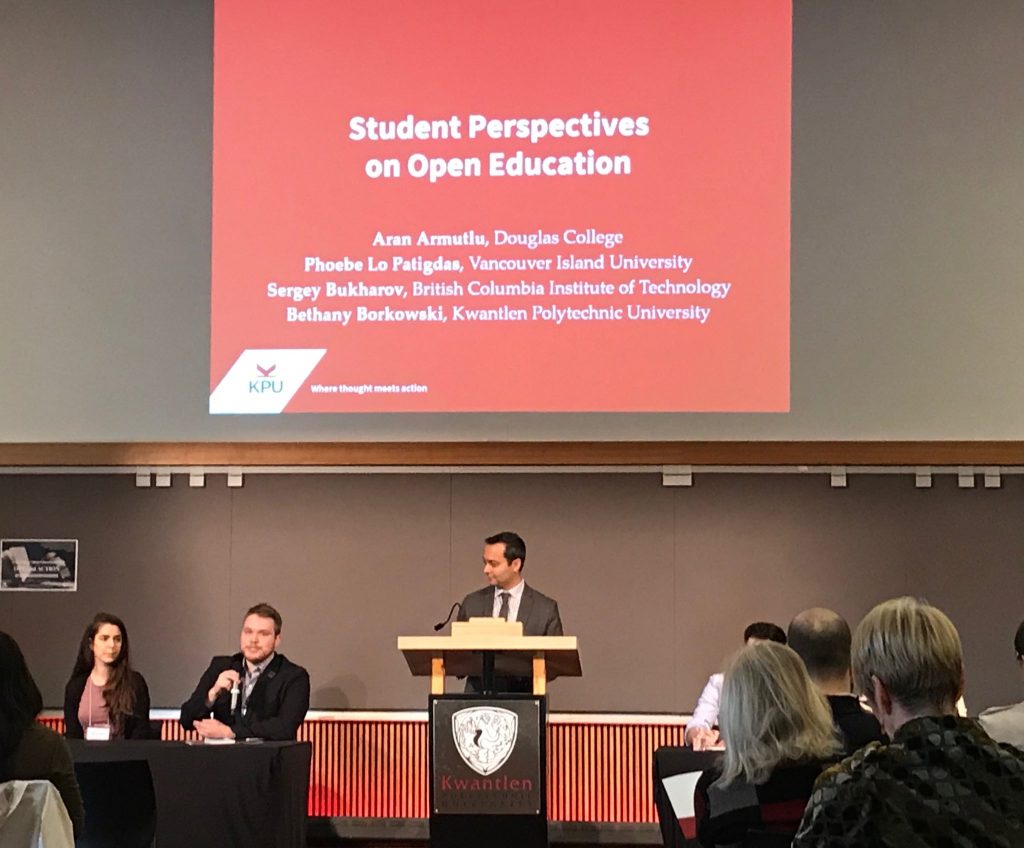5 Context
This strategic plan was developed in consideration of the macro, meso, and micro contexts within which KPU operates. Among the factors, opportunities, and challenges considered were:
Culture change
Open education challenges some traditions and normative practices in academia, including those related to publishing, prestige, and competition.
Awareness
Education is necessary to raise awareness and dispel misconceptions about open education.
Training
Training is necessary to support faculty and staff interested in open education.
Limited resources
Money and time are both scarce resources at KPU, including to support finding, creating, or adapting open educational resources (OER).
Students
Students are key stakeholders in open education and their voices must be included.
Policies, procedures, & practices
KPU should align policies (e.g., default license for internal grant-funded content creation), procedures (e.g., textbook ordering), and practices (e.g,. recognition) to support open education.
Leadership
KPU is already a sector leader in open education but should maintain this leadership in a way that supports our unique role as Canada’s only polytechnic university.
Personnel
KPU benefits from support for open education from senior leadership and several faculty and librarian champions; however, broader participation should be supported to prevent burnout and to ensure that this initiative will continue to be an institutional priority.
Technology & infrastructure
In order to better support open education, KPU will need to invest in technology and equipment (e.g., binding) and integrate open tools (e.g., Pressbooks) with existing and future systems (e.g., learning management system).
Commercial publishers
Commercial publishers pose active and passive challenges to open education at KPU, including by spreading myths about OER, offering sponsorships or other types of funding in exchange for textbook adoptions, and marketing homework systems that necessitate the adoption of a commercial textbook.
Agency
The philosophy of openness values both access and agency. Autonomy, choice, and academic freedom are essential elements of successful open education initiatives.

“Thanks for hosting this event. It was clearly well conceived and had a lot of heart and passion behind it.” — Participant feedback on the Open in Action event on March 6, 2018

